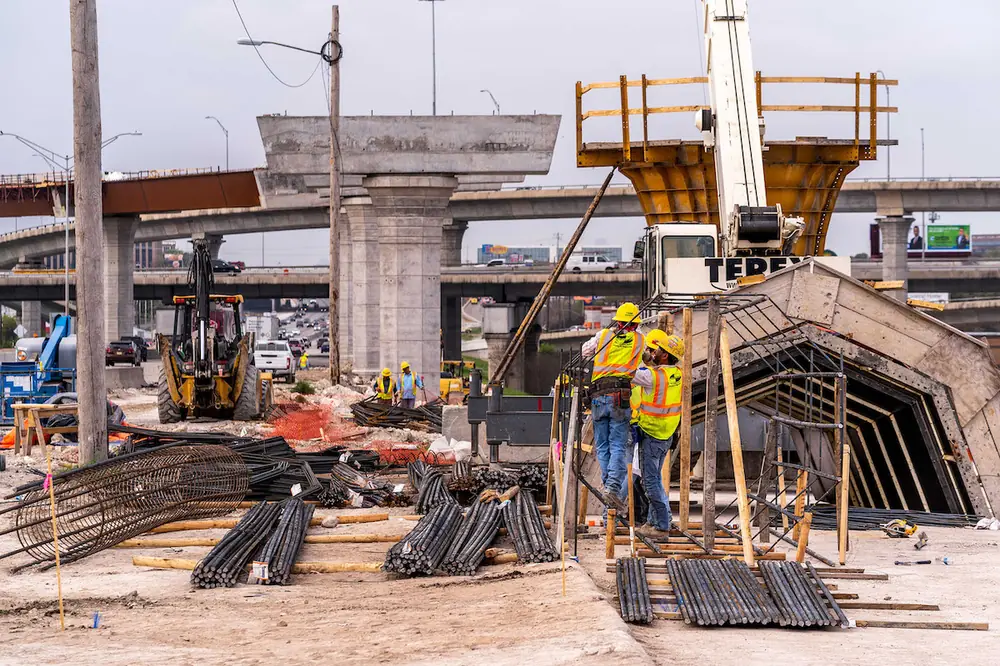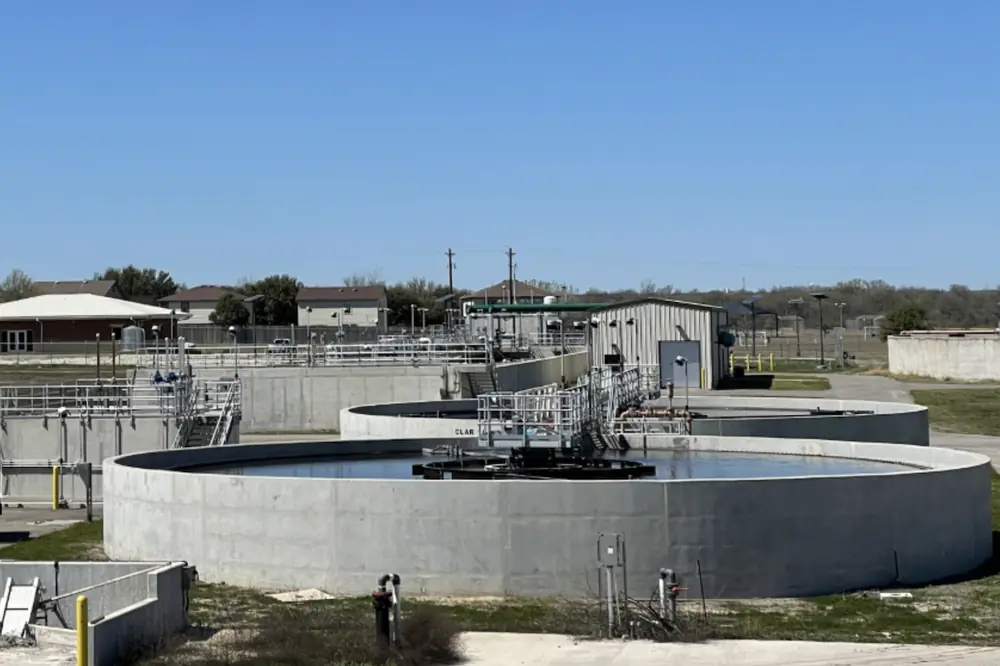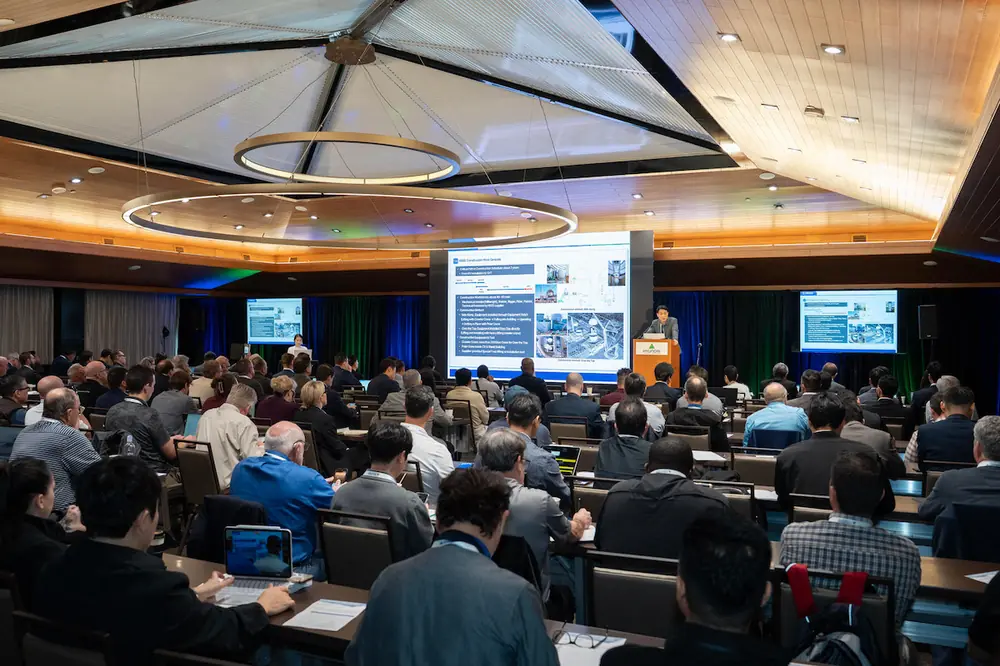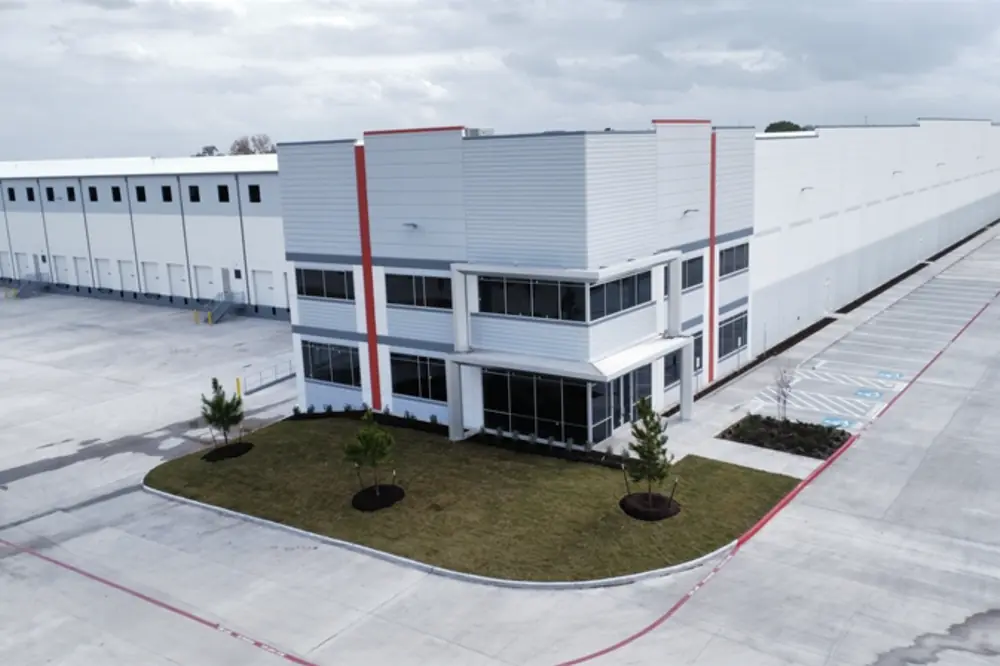As a contextual precursor, since the COVID-19 pandemic began, one would be hard pressed to encounter a company in the construction industry that has not experienced some impact to business and projects. COVID brought a series of unknowns and uncontrolled variables to operations that affected projects across the industry. At times, the challenges resulted in labor shortages, labor unavailability, material price volatility, supply-side and transportation delays, and decreased productivity. Any number of these impacts can and have led to project suspensions and contract terminations.
When a contract termination becomes necessary, one must consider the appropriate type of termination – either a termination for cause or a termination for convenience. That determination largely rests upon the circumstances giving rise to the need to terminate. If the termination has resulted from failures of performance by a contractor or subcontractor downstream, then a termination for cause would be warranted. However, even in that situation, one might consider the economic impact of a default-based termination as well as the impact to the project. Whereas a termination for cause tends might lead to litigation, a termination for convenience often does not.
In any event, the implementation of the ultimate decision on the type of termination will be governed by the provisions in the contract. If your contract does not contain a termination clause, then the process can be muddy and uncertain. Uncertainty leads to disputes and disputes often negatively impact productivity and profitability. For this reason alone, anticipating the potential need for a termination clause and including it in all contracts will smooth the process and assist in the evaluation of whether to terminate for cause or convenience.
An example of an abbreviated contractual termination provision is below:
- Persistent failure to perform the work in accordance with the contract documents (including, but not limited to, failure to supply sufficient skilled workers or suitable materials or equipment or failure to adhere to the progress schedule); or
- Failure to perform or otherwise to comply with a material term of the contract documents
- Following notice to cure, and upon a termination for cause, the contractor may exclude the subcontractor from the site, take possession of the work and all materials, equipment, and tools maintained or stored at the site, and complete the work.
- Termination of the contract under Paragraph 16.02.B may not proceed if, within seven days of receipt of notice of intent to terminate, the subcontractor begins to correct its failure to perform and proceeds diligently to cure such failure.
- If the contractor proceeds to complete the work or correct the default, the subcontractor shall not be entitled to receive any further payment until the work is completed. If the unpaid balance of the contract price exceeds the cost to complete the work, such excess will be paid to the subcontractor. If the cost to complete the work exceeds such unpaid balance, the subcontractor shall pay the difference to the contractor.
- Where the subcontractor’s services have been so terminated, the termination will not affect any rights or remedies of the contractor.
- Completed and acceptable work executed in accordance with the contract
- Documents prior to the effective date of termination;
- Expenses sustained prior to the effective date of termination in performing services and furnishing labor, materials, or equipment as required by the contract
- Documents in connection with uncompleted work;
- Demobilization expenses; and
- Profit on unperformed work.

| Your local Wirtgen America dealer |
|---|
| Kirby-Smith Machinery |
| Nueces Power Equipment |
The contractor shall not be paid for any economic loss arising out of or resulting from such termination, except for those costs expressly identified above.
Of note, in the above sample, the terminated subcontractor would be entitled to profit on unperformed work. In many termination for convenience clauses, that obligation does not appear. However, under typical contract law, the performing party would be entitled to the benefit of the bargain that was negotiated and anticipated when entering onto the contract. For the party performing the construction services, that benefit is the projected profit from the entire job. As such, in my opinion, paying profit on unperformed work in the event of a termination for convenience makes sense and allows the performing party who may not have wanted off the job to realize the anticipated and agreed benefit.
As for the termination for cause clause, while abbreviated, it contains terns which most contracts contain. The terminating party typically reserves the right to take possession of the work and all materials and will then be allowed to consume those materials and incorporate them into the unfinished portion of the work.
Without the above clauses, a separation can be messy. That’s not to say a termination for cause with the above language won’t be messy, but having the delineation of rights and obligations will make a final determination of each parties rights much easier. Because no one anticipates starting a job and not finishing it, a termination clause may not be a part of the contract that parties want to focus on in the negotiation of a new deal. However, planning for the worst and never needing to implement the plan is far better than having no plan at all.





































































